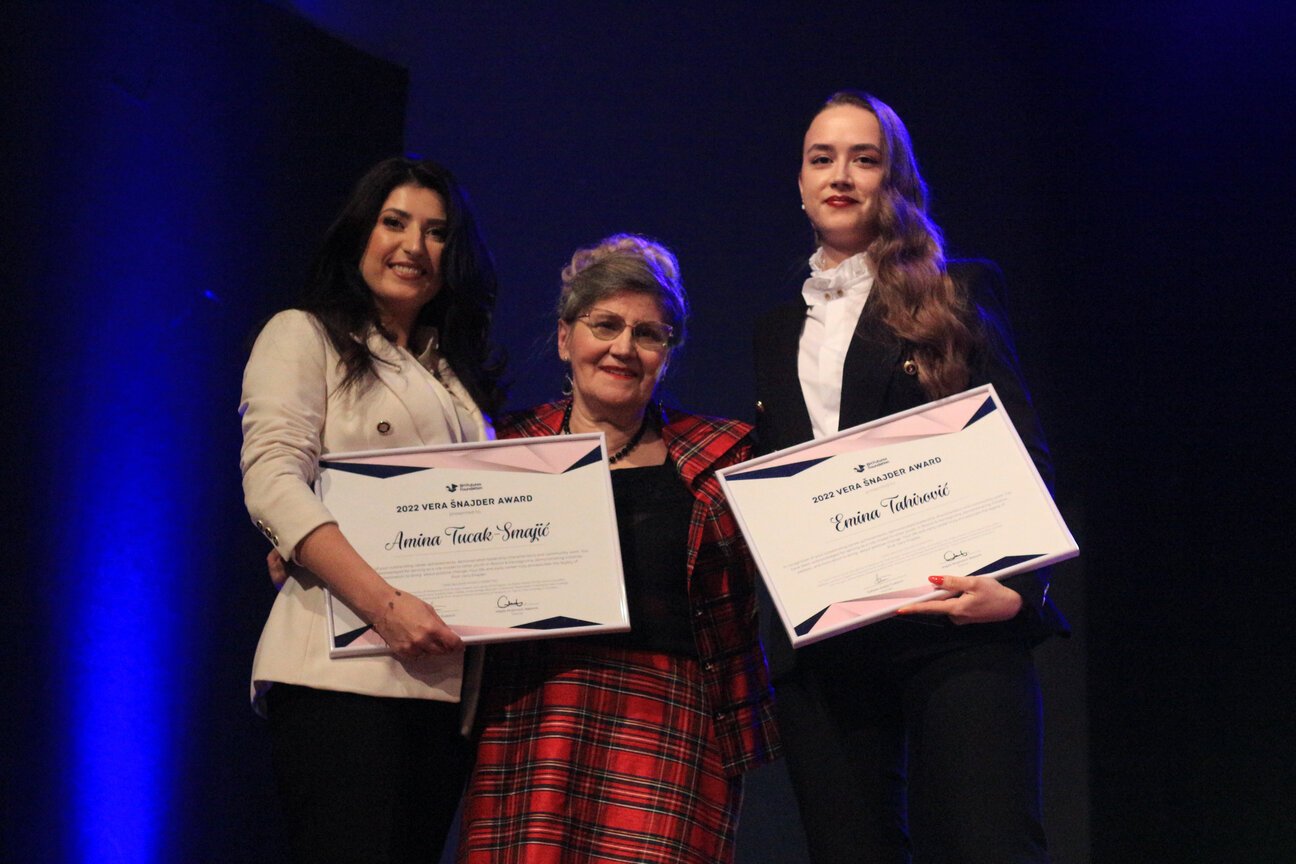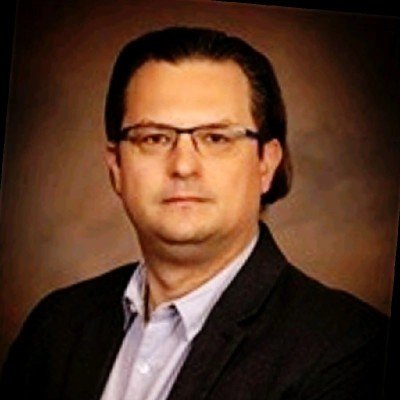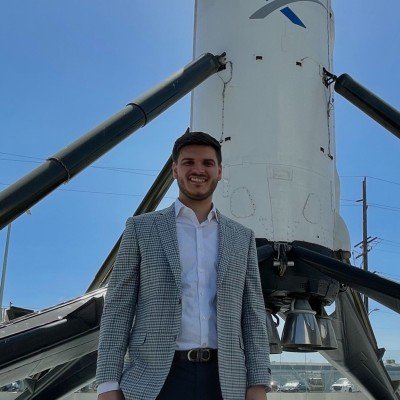“The Vera Šnajder award will be presented annually in the form of a travel grant (up to 6.000 BAM) to two outstanding natural/technical sciences female students in Bosnia & Herzegovina (undergraduate, masters or PhD). ”
The purpose of the award
Vera Šnajder’s life was transformed through access to education and international mobility which allowed her to learn from the best. Her fellowship at the Institute Henri Poincaré gave her the chance to push her intellectual limits and explore her potential as a researcher and professional. She took full advantage of this opportunity. She quickly secured a research position at the Laboratory for Hydrodynamics at the Sorbonne, published her work in Comptes Rendus des Sciences de l’Acadèmie des Sciences and was even headhunted for a position at the newly formed French Ministry of Aeronautics (Ministère de l’Air).
The most remarkable aspect of Vera’s story is that this truly life-changing experience (the chance to travel and mingle with the intellectual elite in Paris) culminated with Vera returning to her homeland and investing her new experiences into education, a cornerstone of a modern and prosperous society. Put bluntly, Vera recognised very early on the importance of “giving back” to the community she felt she belonged to.
The Vera Šnajder Award will enable an early career researcher from Bosnia and Herzegovina, who like Vera is passionate about the relationship between a personal quest for knowledge and its collective societal advancement, to:
1) become a global citizen;
2) bring home new knowledge and perspectives and incorporate them into the advancement of our nation and society;
3) bring home new cultural experiences to strengthen the multicultural and multi-ethnic foundations of Bosnia and Herzegovina.
Eligibility for award
Are you someone who serves as a role model and demonstrates initiative, passion, and motivation?
Are you an individual who portrays strong leadership characteristics in professional, career/studies and/or community?
Do you engage with the community in meaningful ways to raise awareness of issues and create long lasting change.
Do you want to be part of Vera’s legacy and inspire others to become better leaders/professionals and in the process create a better Bosnia & Herzegovina?
Person eligible for the Vera Snajder award is:
a full time female undergraduate/Master/PhD student enrolled in Natural & Technical Sciences related field in Bosnia & Herzegovina (engineering, mathematics, physics, chemistry etc) OR a recent graduate from a Bosnia & Herzegovina university (last 12 months).
a citizen of Bosnia & Herzegovina
have demonstrated community service in Bosnia & Herzegovina
involved in a paper/research-project that can be presented at a conference/workshop OR be able to demonstrate capability to disseminate key learning from conference/workshop in Bosnia & Herzegovina
Note: Bosnia & Herzegovina student living or studying abroad is not eligible for the award.
Award
The total grant will be funded by the Bosnia and Herzegovina Futures Foundation. The total value of the grant will be up to 6.000 BAM for two students.
The winner will be able to use the grant to finance travel and conference/visit expenses, namely:
a) present their current research, as an invited presenter (an oral presentation or a poster presentation) at an international conference OR
b) attend a international conference as a delegate with the aim of disseminating the acquired knowledge in Bosnia and Herzegovina through a successful implementation of a project or program OR
c) co-finances the costs of a research visit abroad.
The grant does cover Visa, insurance, health and safety, but the grant recipients must arrange their own health and personal travel insurance and appropriate visas, including ensuring that they take account of health and travel warnings in the country of travel.
The grant does not cover Recreational Travel, but the grant recipients may prolong their stay in the country of travel to include recreational travel at their own expense.
Reporting requirements
Grant recipients will be required to provide a brief reflective report prior, during and upon their return from travel, describing the work they are undertaking. This may include, written, audio and video platforms.
The selection panel reserves the right to change any variations on the maximum amount and will be reviewed on a needs basis. Applicants will need to provide a budget to indicate the cost of the travel. It is the expectation of the selection panel that any gap in funding from the amount requested and the travel grant contribution will be met by the applicant.
Application
As part of the application process you need to:
Fill out an application form that includes basic information about you and your travel,
Attach a motivational letter,
Attach the budget proposal,
Attach a letter of recommendation
Important Dates
Applications Open
September 16th 2024
Online Info Session
September 21th 2024
Application Close
November 3rd 2024 EOD (23:59)
Result Announcement
December 6th 2024
Award Ceremony at FLS in Sarajevo
December 12-14 2024
Below, read additional tips and instructions regarding the parts of the application. Read them carefully before applying.
Your Motivation
Recommendation Letter
How could your attendance at the conference improve your research? Although this may be clear to you, it is important to be able to convey it to an audience that a) does not know you personally and b) is not significantly familiar with the topic of your research.
It is necessary to specify:
Why are you applying for this award - This section shouldn't just be about you. Each award/grant/scholarship is set up with a specific purpose and idea. Read the information about Vera Schneider, then think about the things that seem interesting to you. Do you share her values? Is there anything about her career that inspires you? This part of the application is an opportunity to communicate why and how your research will help shape Vera's legacy. Think about how you can help carry the torch she lit years ago.
Participation goals and expected results - We will accept the following types of results:
Maybe you want to publish your work and present it at a conference. In this case, you are asked to make a summary of how you want to achieve this, including the target journal, audience, deadlines, etc.
If you are planning to work on a project, and you see attending the conference as an opportunity to realize your planned ideas, explain what you expect from participating in the conference? What specific knowledge, skills or contacts do you want to acquire and how do you believe they will help you solve the challenges you face in your project?
If you plan to work on a project outside B&H, explain what you expect from participating in that project? What specific knowledge, skills or contacts do you want to acquire and how do you believe they will help you in further research work?
Letters of recommendation describe your professional side and generally give an insight into your:
personal characteristics, achievements, experience
abilities, possibilities, career potential
The letter of recommendation should be one page long and consist of three parts:
Introduction: How long and in what capacity they have known you (e.g. student, teaching/research assistant, thesis supervisor, professional colleague, by reputation only)?; How they rate you relative to your peers (e.g. top 1-2%, top 5-10%, top 25%, upper half)?
Main part: Your skills as a researcher (eg technical skills, innovative thinking); the strengths of your research proposal/project and how your qualifications and skills fit into your research proposal/project as well as your ability to work independently and in a team.
Conclusion: Briefly summarize your overall assessment and clearly state that you are recommended for the award.
Choose someone who knows you best and is willing to invest the time to write a letter for you.
Ask on time. Remember that they are busy and doing you a favor.
Give them access to all the relevant materials so they understand the context. If you do it right and on time, they will be more likely to support you because they will understand that it is a mutual relationship.
Do not lose contact with the person who recommends you. See point 2.
Your Travel
Budget
Be sure to provide all the necessary information:
Title of the conference/research project
Organizational body/institution
The place of event
The dates
Website
Title of your work/contribution (if applicable)
Also indicate whether you have received confirmation that your work/contribution has been accepted (if applicable)
The Vera Šnajder Award is a grant in the amount of a maximum of 6.000 KM. It is intended to support your travel and participation in a conference/study visit that you would not be able to attend without this financial support.
As part of the support, it is necessary to draw up a reasonably well-thought-out budget. Research the costs associated with your trip before submitting your budget.
The budget should include return flights, accommodation, food, local transport, insurance and visa, among others.
You can download and fill out the budget form by clicking here, before attaching it to the application form.
From left to right: Prof. Dragan Huterer (grandson of Vera Šnajder and representative of awards committee), Zorana Štaka, Zlata Jašarević and Majda Mujanović-Babović (Director of BH Futures Foundation)
2024 From left to right: Dina Karamuratović 2023 awardee and representative of awards committee, Majra Šišić-Čaluk 2023 awardee, Emina Mušinović, Procurator and Head of the Department of Informatics and Human Resources at dm d.o.o., Lejla Hrustemović and Hana Babić, 2024 Vera Šnajder Awardees.
2022 From left to right: Amina Tucak-Smajić, Mirjana Vuković (academician, Vera Šnajder's student and representative of the awards committee) and Emina Tahirović
2023 From left to right: Dina Karamuratović, Mirjana Vuković (academician, Vera Šnajder’s student and representative of the awards committee,) Majra Šišić-Čaluk and 2022 awardee Amina Tucak-Smajić
The Vera Šnajder Award was awarded for the first time in 2021, when the independent Award Commission awarded Zorana Štaka, a student of computer science and mathematics, and Zlata Jašarević, a student of materials science and chemical engineering.
The second Vera Šnajder Award in a row was awarded in 2022, where the winners were Emina Tahirović, a student of information technologies, and Amina Tucak-Smajić, a student of pharmacy.
The third Vera Šnajder Award in a row was awarded in 2023, where the winners were Dina Karamuratović, a student of Mechanical Engineering, and Majra Šišić Čaluk, a student of Natural Sciences and Mathematics.
The fourth Vera Šnajder Award in a row was awarded in 2024, where the winners were Hana Babić, a student of Biology - Genetics, and Lejla Hrustemović, a student of Electrical Engineering.
2024 Award Selection Committee
Merisa Nišić, Ph.D (Chair)
VP, Medical Strategy Lead at PHC
New York, New York
Prof. Zlatan Aksamija
Associate Professor | Materials Science and Engineering, University of Utah
Utah, USA
Anes Karic
PharmD, MBA, MS
Indianapolis, Indiana
Ibrahim Hadzic, MS
Pre-doctoral Fellow at Cardiovascular Imaging Research Center | Mass General Hospital and Harvard Medical Schooll Brigham
Prof. Dr. Mirjana Vuković
Academician, Professor Emeritus of Mathematics, University of Sarajevo
ANUBIH Sarajevo, Bosnia & Herzegovina
Prof. Almir Osmanovic
Associate Professor | Mechanical Engineering, University of Tuzla
Tuzla, Bosnia & Herzegovina
Amina Tucak-Smajić, MPharm
Senior Teaching and Research Assistant | Faculty of Pharmacy, University of Sarajevo
Sarajevo, Bosnia & Herzegovina
Prof. Dragan Huterer
Professor of Physics at University of Michigan
Michigan, USA
Nermina Brljak, Ph.D
Research Scientist at Grifols
Raleigh, North Carolina
Dina Karamuratovic
Embedded Software Test Engineer | Maasu GmbH
Sarajevo, Bosnia & Herzegovina
Emina Ucambarlic
PhD Student in Biomedicine, University of Zurich
Zurich, Switzerland
Kajs Hadžić
Master of Science Student, Nutrition Sciences at University of Vienna
Vienna, Austria
Kenan Jasavic
Lead Engineer, Supply Chain Reliability at SpaceX
California, USA
Who was Vera Šnajder?
Vera Šnajder was born on 2 February 1904 in Reljevo near Sarajevo, Bosnia and Herzegovina. As one of the best mathematicians of her generation, she was awarded a French government fellowship that allowed her to travel to Paris in 1929. In Paris she pursued her research at the Institute Henri Poincaré, which had just been established by mathematicians Émile Borel from France and George David Birkhoff from the United States to foster international exchanges in mathematics and theoretical physics. Mixing with the crème de la crème of the French scientific community, she also worked as a research associate at the Laboratory for Hydrodynamics at the Sorbonne, became the first author from Bosnia and Herzegovina to publish work in mathematics.
However, in late 1932 Vera turned down the offer and decided to return to Sarajevo to work as a professor at the Women’s Secondary College. Together with her husband, Marcel Šnajder, she became a permanent fixture of a close-knit group of cosmopolitan and progressive Sarajevo intellectuals.
After the liberation of the city in 1945, Vera Šnajder devoted her physical and intellectual powers to the rebuilding of her homeland: helping establish the Department of Mathematics at the University of Sarajevo, making scientific connections with domestic and international institutions, sending students and colleagues on study abroad programs, and tirelessly and selflessly promoting and encouraging young scholars in their professional and personal development.
Vera was the first women elected to the position of Dean in the entire Yugoslavia. She served at the University Senate for many years, and also served on the Educational Board of Bosnia and Herzegovina, was president of the Committee of the Board of National Library, member of the Committee for Election of Scientific Associates, president of the Committee for Professorial Exams and also a long-term president of the Yugoslav-French Society.
More importantly, she tirelessly nurtured students and advised younger professional staff throughout her career with the far-sighted intention of bringing their overall knowledge and skills to perfection. This way the young generation would enjoy personal and professional success while simultaneously serving and improving their homeland.





















